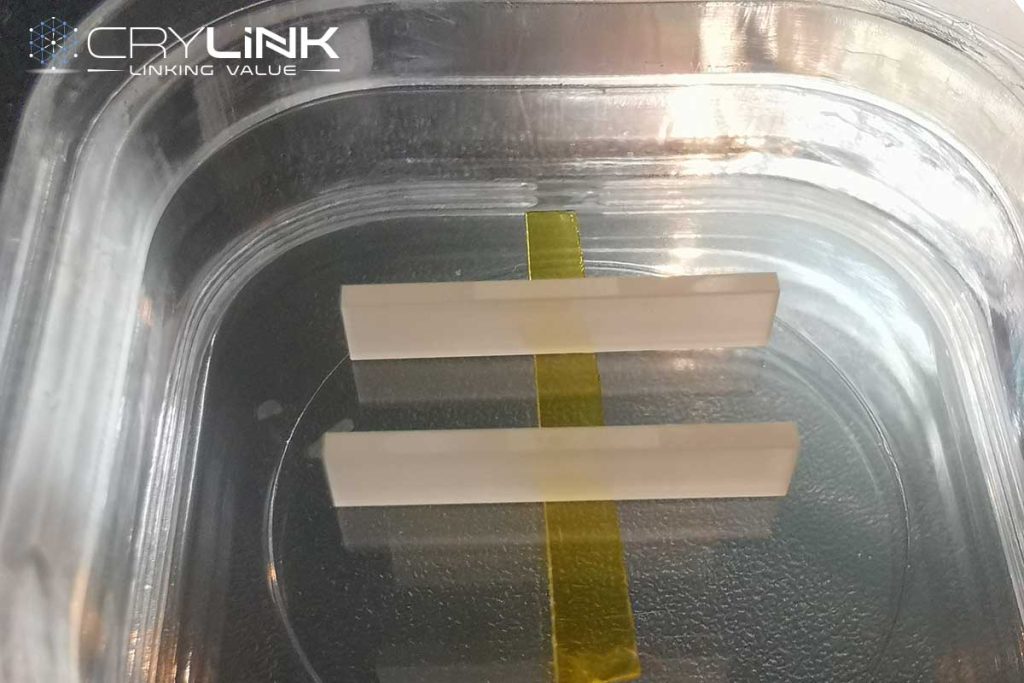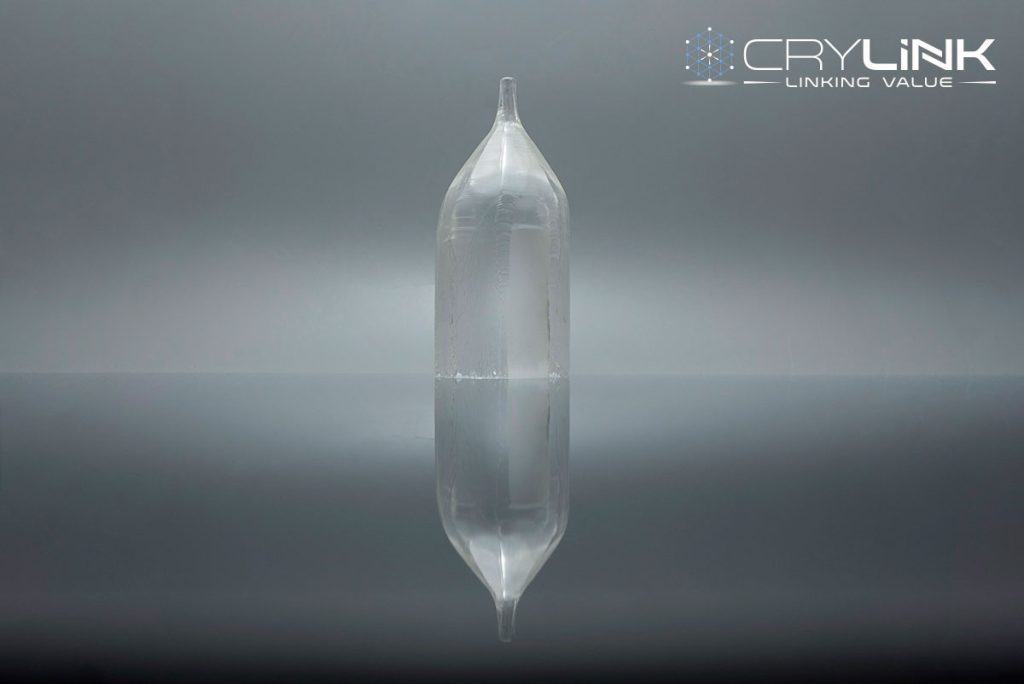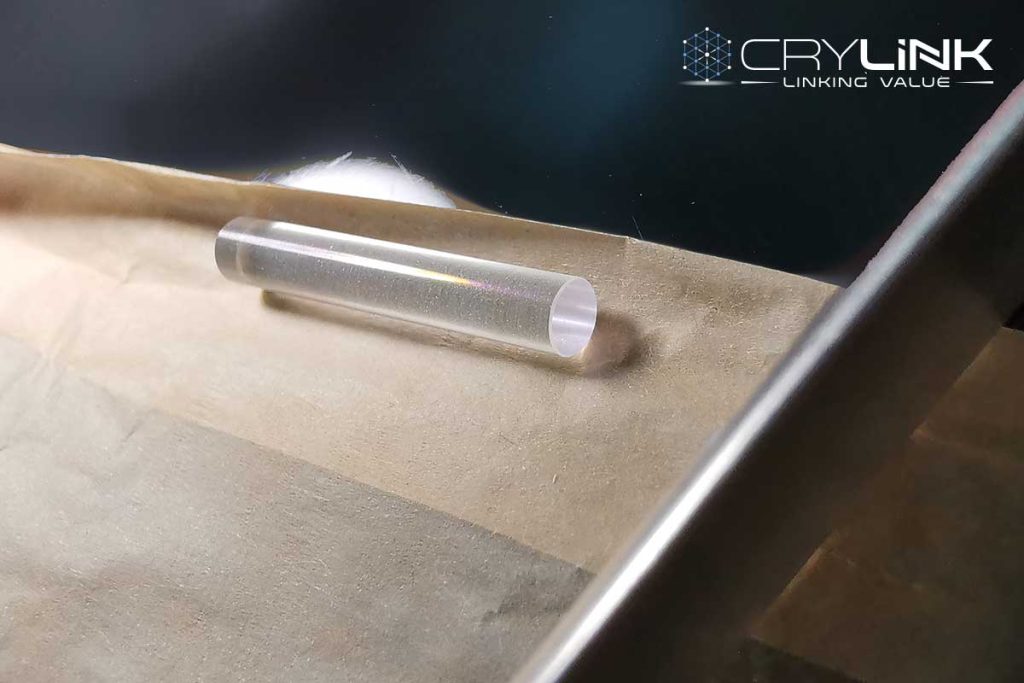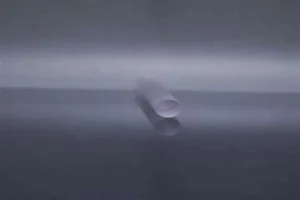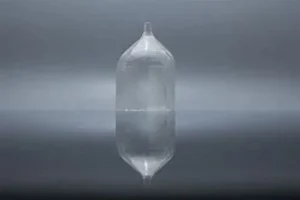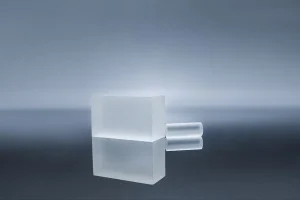Understanding Ytterbium-doped Crystals
Ytterbium-doped crystals, commonly known as Yb-doped crystals, have emerged as a revolutionary material in the laser industry. These crystals are typically fashioned by incorporating ytterbium ions (Yb³⁺) into the crystal lattice of various host materials. The resulting interaction between the ytterbium ions and the host material leads to the unique lasing properties that make Yb-doped crystals so sought after.
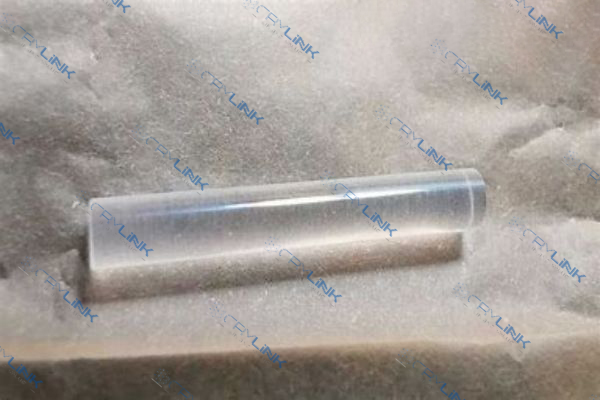
The Mighty Yb:YAG Crystal
Ytterbium-doped Yttrium Aluminum Garnet, popularly known as Yb:YAG, is an undisputed leader in the world of laser crystals. Its unique characteristics, such as a high quantum efficiency of up to 94%, broad absorption bands, impressive thermal stability, and a long upper-state lifetime, make it a highly coveted crystal in many laser systems. Its high quantum efficiency translates into a superior capacity for converting pump energy into laser output, while its broad absorption bands make it adaptable to different pump sources. Moreover, its thermal stability and low quantum defect result in less heat generation during operations, making it a reliable choice for high-power laser applications. Yb:YAG also has an extended upper-state lifetime, which allows for enhanced energy storage and increased laser efficiency. But the versatility of Yb:YAG extends beyond its properties. It has found significant application in a variety of fields, including medicine and industrial manufacturing. In the medical sector, its high peak power and excellent beam quality have made it indispensable in surgeries such as LASIK eye surgery and skin resurfacing. In the industrial sector, its high power and beam quality are leveraged for cutting, welding, and drilling processes, particularly in the automotive and aerospace industries. With its outstanding properties and diverse applications, Yb:YAG is truly a mighty force in the laser technology landscape.
Properties of Yb:YAG
Ytterbium-doped Yttrium Aluminum Garnet (Yb:YAG) is a powerhouse in the world of laser crystals. Its remarkable properties make it an invaluable tool in many applications. Let’s delve deeper into the unique characteristics that set Yb:YAG apart.
High Quantum Efficiency
Quantum efficiency is a crucial property of any lasing material. It measures how effectively a laser can convert input energy into output energy. Yb:YAG excels in this regard with a quantum efficiency of approximately 94%. This high efficiency makes Yb:YAG an excellent choice for high-power and high-energy applications where energy conversion efficiency is paramount.
Thermal Stability
Yb:YAG exhibits impressive thermal stability, a property that significantly contributes to its performance in high-power applications. The crystal can effectively handle high temperatures, thus minimizing the risk of thermal lensing and damage. This resilience allows Yb:YAG to deliver consistent and reliable performance, even under strenuous operating conditions.
Broad Absorption Bands
Yb:YAG is known for its broad absorption bands at room temperature. These wide absorption bands enable the crystal to absorb pump light over a wide range of wavelengths, making it a versatile material in laser applications. This property also allows for more flexible and efficient pump laser designs.
Long Upper-State Lifetime
The upper-state lifetime of Yb:YAG is another notable property. This is the average time the laser ions stay excited before spontaneously emitting light. A longer upper-state lifetime allows for more energy storage and a higher probability of a stimulated emission event, thereby enhancing the efficiency of the laser output.
Low Phonon Energy
Yb:YAG has a low phonon energy, which results in a low quantum defect and hence less heat generation. This property, coupled with the crystal’s high thermal conductivity, enables efficient heat removal during high-power operations. This reduces the likelihood of thermal effects that could impair the beam quality or damage the crystal.
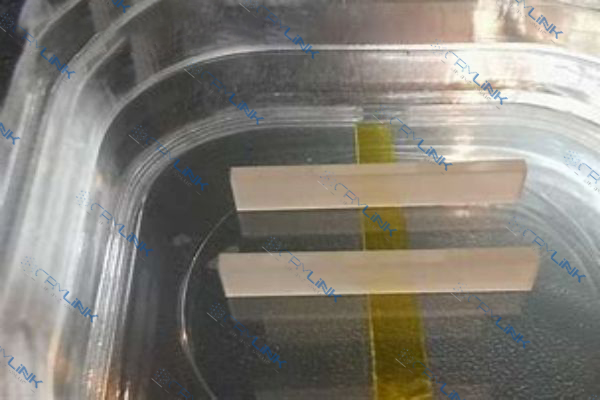
Applications of Yb:YAG
Ytterbium-doped Yttrium Aluminum Garnet (Yb:YAG) crystals have proven to be an indispensable asset in the world of laser technology. The unique properties of Yb:YAG have opened the door to various exciting applications, ranging from medical procedures to industrial manufacturing processes and beyond. Let’s explore the diverse applications of Yb:YAG.
Medical Applications
One of the key areas where Yb:YAG lasers have made a significant impact is in the field of medicine. Their high peak powers and excellent beam quality make them ideal for surgical procedures. They are widely used in dermatology for skin resurfacing and tattoo removal. In ophthalmology, Yb:YAG lasers are employed in procedures such as LASIK eye surgery. They offer precision and control, minimizing tissue damage and promoting faster healing.
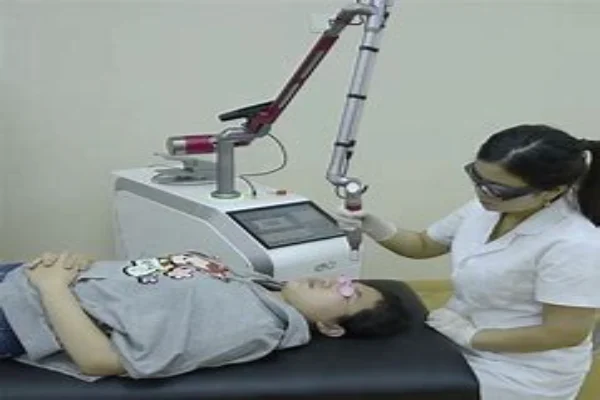
Industrial Manufacturing
The high power and excellent beam quality of Yb:YAG lasers also make them a top choice for industrial applications. They are extensively used in processes like cutting, welding, and drilling, particularly in the automotive and aerospace industries. Yb:YAG lasers offer a combination of speed, accuracy, and depth of penetration that is hard to match, making them an invaluable tool in modern manufacturing.
Materials Processing
In materials processing, Yb:YAG lasers play a vital role in processes such as laser peening and surface treatment. Laser peening is a process used to improve the mechanical properties of metals, and Yb:YAG lasers are perfect for this task due to their high peak power and excellent beam quality. In surface treatments, Yb:YAG lasers are used to modify the surface properties of materials, enhancing their resistance to wear, corrosion, and heat.
Scientific Research
In scientific research, Yb:YAG lasers are used in a variety of ways. They are employed in high-power laser systems for inertial confinement fusion research. They are also used in high-speed spectroscopy and particle acceleration experiments. The versatility and reliability of Yb:YAG make it a preferred choice for scientific research applications.
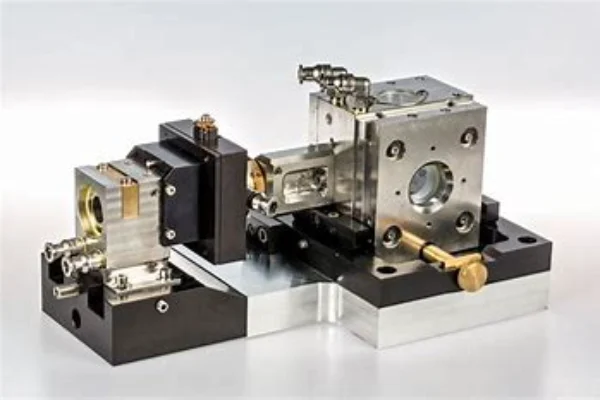
Other Noteworthy Yb-doped Crystals
The world of Yb-doped crystals is diverse and intriguing, encompassing not just the prominent Yb:YAG, but also other noteworthy crystals such as Yb:LuAG, Yb:YLF, and Yb:YVO4. Each of these crystals has unique properties that make them stand out: Yb:LuAG has high thermal conductivity, making it ideal for high-power applications; Yb:YLF’s wide emission bandwidth is advantageous for ultrafast laser applications; and Yb:YVO4, with its large stimulated emission cross-section, enables efficient lasing action. These unique characteristics underline the importance of these crystals in various areas of laser technology and further illustrate the rich diversity within the Yb-doped crystal family.
Properties of Other Yb-doped Crystals
Each Yb-doped crystal is distinct in its properties. For instance, Yb:LuAG exhibits higher thermal conductivity compared to Yb:YAG, making it an excellent choice for high-power, high-temperature applications. Yb:YLF, on the other hand, has a wide emission bandwidth, which makes it ideal for ultrafast laser applications. Lastly, Yb:YVO4 stands out with its large stimulated emission cross-section, which enables efficient lasing action.
Applications of Other Yb-doped Crystals
The unique properties of these other Yb-doped crystals make them suitable for various applications. Yb:LuAG’s high thermal conductivity is often leveraged in high-power laser diodes and amplifiers. The wide emission bandwidth of Yb:YLF allows it to be used in ultrafast laser systems such as femtosecond lasers.
In addition to these, Yb:YVO4 has a high absorption coefficient at pumping wavelengths, making it effective for compact, efficient, and high-power laser applications. This crystal is often used in fiber lasers and amplifiers, which are essential tools in telecommunications, materials processing, and medical applications.
The Future of Yb-doped Crystals
The world of Yb-doped crystals is constantly evolving. With ongoing research and advancements, we can anticipate a future where these crystals are further optimized for performance and application diversity. We might see improved thermal management, increased power output, and even broader applications of these crystals in the laser industry.
From ultrafast lasers to space communication, the potential uses of Yb-doped crystals are expanding. As we continue to understand these materials better and innovate on their design and implementation, Yb-doped crystals promise a bright future in the realm of laser technology.
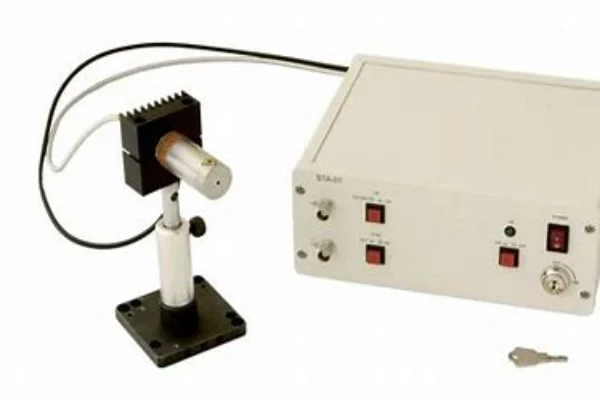
Conclusion
The world of laser technology is vast and ever-evolving, and at its forefront stand Ytterbium-doped crystals. With Yb:YAG leading the charge, these crystals have revolutionized numerous fields, from medicine and manufacturing to materials processing and scientific research. Their unique properties, including high quantum efficiency, thermal stability, broad absorption bands, and long upper-state lifetime, contribute to their exceptional performance and wide-ranging applications.
However, the Yb-doped crystal family is not limited to Yb:YAG alone. Other crystals like Yb:LuAG, Yb:YLF, and Yb:YVO4 also offer promising features and potentials. Each crystal brings something unique to the table, expanding the possibilities of laser technology.
As we look to the future, the role of Yb-doped crystals in driving advancements in laser technology is clear. Their extraordinary properties make them a cornerstone in the development of more powerful, efficient, and versatile laser systems. In a world increasingly reliant on laser technology, Ytterbium-doped crystals truly are the rising stars, set to shape and illuminate the future of this field.
Frequently Asked Questions
1.What makes Yb:YAG so efficient in laser applications?
Yb:YAG has a high quantum efficiency, low thermal loading, and a broad absorption band at room temperature, making it highly efficient for laser applications.
2.What are some applications of Yb-doped crystals?
Yb-doped crystals are used in a variety of applications, including material processing, medical surgeries, defense technology, research, and telecommunications.
3.How does Yb:YLF differ from Yb:YAG?
While both are Yb-doped crystals, Yb:YLF has a wider emission bandwidth, making it ideal for ultrafast laser applications.
4.What is the future of Yb-doped crystals?
With ongoing research and advancements, we can expect Yb-doped crystals to be further optimized for improved thermal management, increased power output, and broader applications in the laser industry.
5.What are some other noteworthy Yb-doped crystals?
In addition to Yb:YAG, other noteworthy Yb-doped crystals include Yb:LuAG, Yb:YLF, and Yb:YVO4, each with unique properties and applications.

